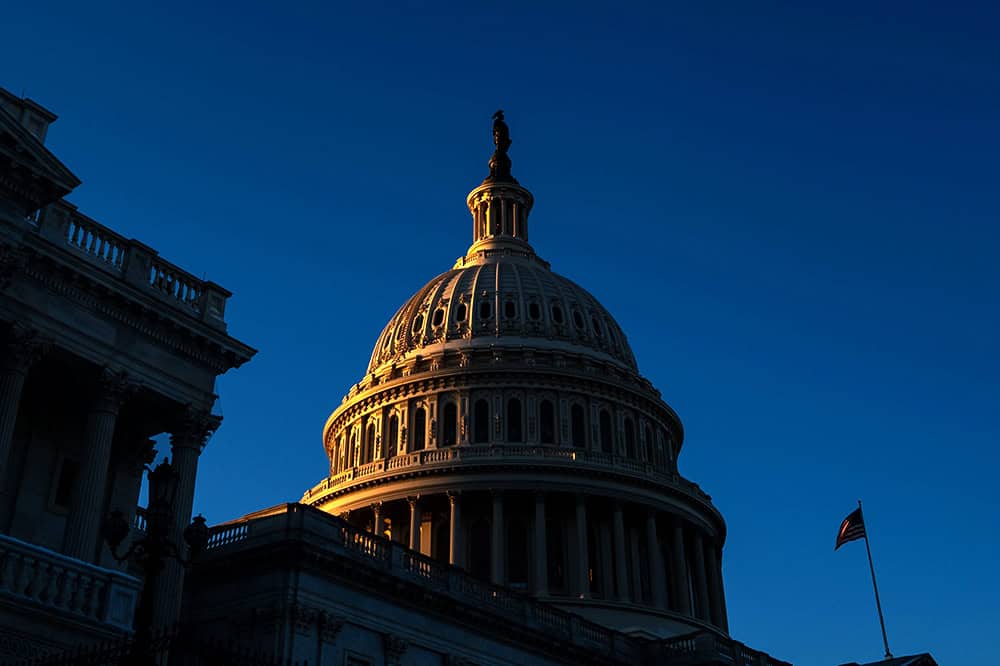PGPF Discusses Study Comparing Long-Term Costs of Current Health Care Legislation
Study Is the First to Compare 20-Year Impact of House and Senate Legislation, Including Effects on the Federal Deficit, State Budgets, and Family Spending
NEW YORK (December 14, 2009) — Peter G. Peterson Foundation CEO and former US Comptroller General David Walker hosted a media conference call at 12:00 p.m. EST today to examine the results of the latest comprehensive study of the long-term fiscal impacts of the House and Senate health care reform legislation.
The comprehensive study, “Comparing the Cost and Coverage Impacts of the House and Senate Leadership Health Reform Bills: Long Term Costs for Governments, Employers, Families and Providers,” was conducted by the Lewin Group and commissioned by PGPF.
The study examines the most recent version of Patient Protection and Affordable Care Act and the House-passed Affordable Health Care for America Act, and it provides the first long-term comparative analysis of the costs of the House and Senate health care reform legislation. Joined by Peter G. Peterson Foundation Director of Citizen Education and Engagement, Susan Tanaka, and Vice President of the Lewin Group, John Sheils, Walker discussed the estimated impacts of the current legislation through the year 2029.
To view the full study, visit.
To view the Peter G. Peterson Foundation analysis of the study, please visit.
About the Peter G. Peterson Foundation:
Founded by the Chairman Emeritus and Co-founder of The Blackstone Group with a commitment of $1 billion, the Foundation is dedicated to increasing public awareness of the nature and urgency of several key economic challenges threatening America’s future and to accelerating action on them. To address these challenges successfully, the Foundation will work to bring Americans together to find sensible, long-term solutions that transcend age, party lines and ideological divides in order to achieve real results. For more information, see www.PGPF.org [3].
Further Reading
Lawmakers are Running Out of Time to Fix Social Security
Without reform, Social Security could be depleted as early as 2032, with automatic cuts for beneficiaries.
What Is the National Debt Costing Us?
Programs that millions of Americans depend on and care about may be feeling a squeeze from interest costs on our high and rising national debt.
Interest Costs on the National Debt Are Reaching All-Time Highs
The most recent CBO projections confirm once again that America’s fiscal outlook is on an unsustainable path — increasingly driven by higher interest costs.


